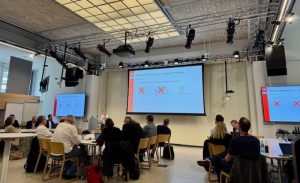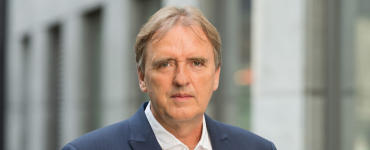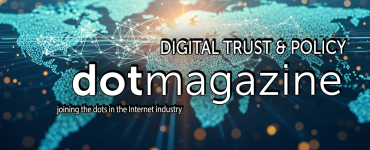In the run-up to the eco Summer Party on 11 September, digital experts discussed current regulatory issues at Google’s Berlin office. Three 30-minute sessions focused on digital sovereignty, artificial intelligence and platform regulation.
Together with Lutz Mache (Senior Manager for Government Affairs & Public Policy at Google), eco Head of the Complaints Office Alexandra Koch-Skiba explained digital responsibility in times of fake news and hate speech. The focus was on the question of how we can deal with unwanted Internet content and what companies are already doing today. A particular focus was placed on the requirements and implementation of the Digital Services Act (DSA).
The second breakout session provided input on the digital sovereignty of public administration. eco Board Member Klaus Landefeld and Philipp Ehmann, Head of the eco Capital Office, called for a rethinking of digital administration to create a resilient, efficient and citizen-oriented public sector. Particularly against the backdrop of the discussion about a Germany stack, the Internet industry is facing many questions in this area.
The discussion then moved on to the progress and obstacles in the use and protection of data in the cloud and IT security in administration. Due to the currently tense global political situation, the question of control over IT and administrative services has gained further urgency from the perspective of digital experts.
The third breakout session on AI was conducted by Jamal Lammert, Advisor at the eco Capital Office, together with Thoralf Schwanitz, responsible for Government Affairs and Public Policy at Google. The central question was what framework conditions are needed regarding infrastructure and regulation (AI Act, Digital Markets Act) to make Germany a competitive AI location. As an introduction to the topic, Lammert explained the status quo in Germany, drawing on findings from the current eco Industry Pulse. According to the IT experts surveyed, there is a noticeable east-west divide in AI usage within Germany. An unclear legal situation and security concerns are generally the biggest hurdles for companies.
The eco Summer Festival subsequently provided an opportunity for further exchange and networking.




